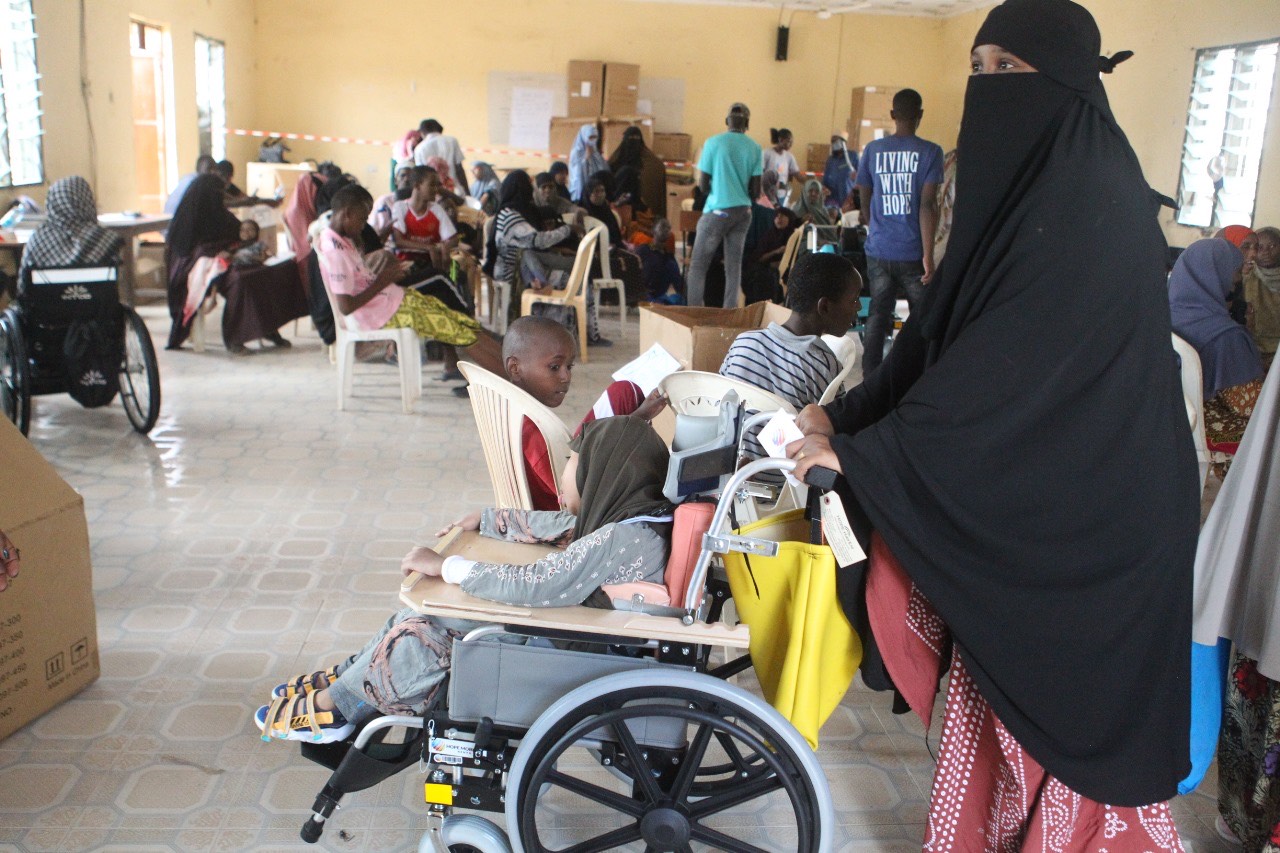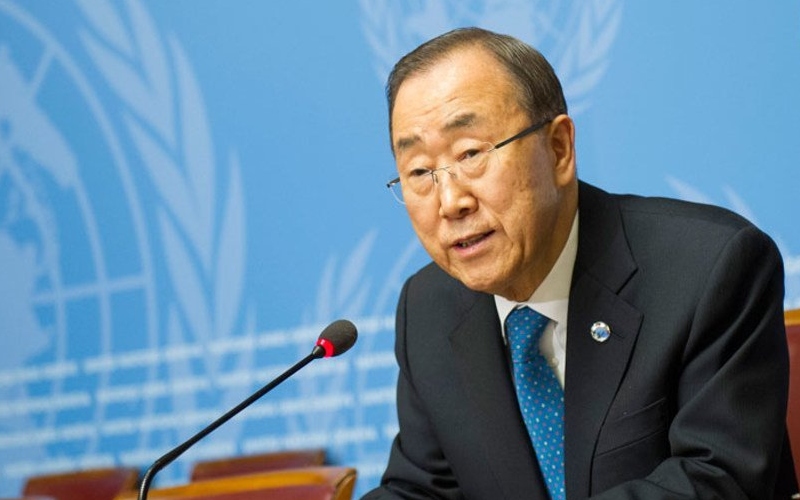Children with disabilities to be integrated in regular schools to ease burden on parents

Ruto acknowledged the difficulties faced by parents who must travel long distances to find suitable schools for their children.
President William Ruto has announced plans to enhance educational opportunities for children with disabilities, emphasising the importance of integrating them into regular schools.
His remarks came during a town hall meeting in Mombasa on Sunday, where he addressed concerns raised by the parents.
More To Read
- Explainer: How KJSEA 2025 results determine senior school pathways
- Government raises primary school capitation by 58 per cent to Sh2,238 per learner
- Education Ministry pledges early capitation release for smooth start to new term
- CBE curriculum spirit alive in Eastleigh as parents lead new wave of youth football development
- KCSE to start November 2 as Education Ministry unveils 2026 academic calendar
- TSC to send unemployed teachers overseas under new framework
Ruto acknowledged the difficulties faced by parents who must travel long distances to find suitable schools for their children.
"We understand the challenges that parents of children with disabilities face. These children don't need to attend special schools. They can be accommodated in regular schools with special tutors to cater to their needs," President Ruto directed.
The President revealed that he will instruct education stakeholders to ensure that every school in the country includes a class for children with disabilities.
He said the move aims to reduce the burden on families and improve access to education for all children.
On the topic of financial support for vulnerable groups, President Ruto highlighted improvements in the cash transfer program.
He noted that previously, funds intended for the elderly, widows, orphans, and persons with disabilities (PWDs) were often delayed, sometimes taking up to six months to reach beneficiaries.
"The delay in disbursing funds was a significant challenge. I had to ensure that these groups are paid in a timely manner, even before I receive my salary," he disclosed.
Ruto also emphasised that his administration has expanded the cash transfer program, now benefiting more than 500,000 people across the country.
Top Stories Today











































